Introduction
If the two biggest economies in the world, the United States of America and the People's Republic of China are doing the same thing in different ways as their independent strategies for accelerating inclusive economic development, whatever they are doing is most likely what the rest of the world should be doing in their own ways so that humanity could collectively pull ourselves by the bootstraps and stay above diverse global grand challenges that threaten the very fabrics that allow societies thrive.
Both countries are accelerating human capital development and investing in vital infrastructure that allow people maximize their human potential across demographic strata. It is all about competencies of the people.
THE CASE OF THE UNITED STATES OF AMERICA
For the United States, on May 13, 2022, politicians across divides abandoned politics, thought intergenerationally and supported a 45 billion dollars collective basket proposed by the Biden-Harris administration in what they named "Internet for All Initiative".
Alan Davidson, Assistant Secretary of Commerce for Communications and Information during the launch of the initiative said
“Generations before us brought electricity to rural America and built the interstate highways,” “Our generation’s task is to connect all Americans online. Thanks to the Bipartisan Infrastructure Law, today NTIA is launching major new programs to promote Internet access and adoption so that everyone in America has a chance to thrive in the modern economy.”
“In the 21st century, you simply cannot participate in the economy if you don’t have access to reliable, affordable high-speed internet,” said Secretary Raimondo. “Thanks to President Biden’s Bipartisan Infrastructure Law, Americans across the country will no longer be held back by a lack of high-speed internet access. We are going to ensure every American will have access to technologies that allow them to attend class, start a small business, visit with their doctor, and participate in the modern economy.” "The programs will build internet infrastructure, teach digital skills, and provide necessary technology to ensure that everyone in America – including communities of color, rural communities, and older Americans – has the access and skills they need to fully participate in today’s society."
“The resources in President Biden’s Bipartisan Infrastructure Law will allow us to bring broadband infrastructure to every corner of our country, make service affordable for everyone, and ensure users have the devices and digital skills they need,” said Deputy Secretary of Commerce Don Graves.
THE CASE OF CHINA
China was even earlier with a similar strategy in 2016 called InternetPlus Initiative
"The Internet Plus roadmap is a five-year plan to integrate cloud computing, big data and the Internet of Things with a variety of industries from manufacturing to commerce, internet banking, agriculture and many others" and China pushed 2.5 percent of their GDP into it all the way to 2020 before the 14th 5th year plan took effect and still advanced multiple components of the InternetPlus Initiative. The core aspiration of Internet Plus Initiative was to stimulate more innovation. It encouraged the integration of the internet with traditional sectors of the economy and promoted internet-based innovations.
According to the analysis presented by Hu Zhe and Ranae Lattey, the Chinese government relaxed "restrictions on foreign investments in internet-related sectors, finalised "Network Security Law to provide a statutory basis for the protection of personal information, and to facilitate the development of Internet-related industries, incorporated the concept of “special management shares” into the corporate legal framework" and continues making more changes to get more on board.
Furthermore, China has recognized that its rural population is the place to look as they keep working hard to keep their country on the upward trajectory that has characterized their development in the past 40 years. Scott Rozelle, the author of invisible China described same position saying "these people tend to settle in the areas in which they are born, and they’re generally not depicted in mainstream media outlets, but they are going to play an instrumental role in the country’s economic future."
China's pragmatic response to this reality is very encouraging. Different agencies of state have been deployed to ensure that all parts of the country's rural areas are brought to speed. For example," for almost 10 years, Beijing’s China Agricultural University has been running the Science & Technology Backyard (STB) project in villages across the country through which science students are sent to live with rural farmers to help them integrate scientific methods and advanced technologies. This has yielded tremendous benefits.
In a similar initiative, I some professors make huge sacrifices to go live in rural areas of China for 2-3 years helping rural areas in diverse areas of competency development activities. The outcomes of these have been tremendous and this can be done in Africa as well.
THE CASE OF AFRICA
The climate crisis and extreme weather events, natural disasters and geopolitical conflicts with emphasis on the Russia-Ukraine situations in addition to insecurity on the continent of Africa have collectively devastated the continent making it near impossible for Africa not to be "left behind" in the race towards actualizing SDGs whose deadline is in 7 years. Africa was not part of the first industrial revolution, we came later trailing behind and picking crumbs, managing to survive. The second and third naturally went on with lean involvement of majority of Africa. The 4th industrial revolution with Artificial Intelligence (AI), and other cutting edge technologies in the lead is rolling forward and Africa is grossly missing in action. We trailed and survived in the previous one but if Africa keeps missing in action as the train of AI development, due to its nature, may have very devastating implications for local and global businesses as well as governments around the world. This is because Africa's pop;ation keeps swelling and shall represent a good percentage of global population as projected by the United Nations.
Now, Imagine a world where a major percentage of the population was not captured at diverse machine learning processes upon which several life sustaining products were built. The meaning will be that these people are not compatible with those equipment and cannot buy them.
Businesses shall lose money, people shall be suffering in Africa and the world shall never remain the same for all. The nature of previous technologies was different and easy to get on board at much later time. We are yet to have a full picture of how AI developmental scenarios shall keep playing out.
ASSURED OUTCOMES FROM THESE CONVERSATIONS
In these series of conferences, African high end talents, diplomats, the military, enterprises, all citizens and other stakeholders in the diaspora and back home across Africa who have enjoyed the progress achieved by humanity in various industries are advancing conversations and organizing in ways that are expected to stimulate more policy adjustment across Africa, augment the efforts of governments and cement people-people strategic engagements in precise competency-based frameworks.
We shall build 55 AI-enabled innovation cities with 30 resident initiatives including industrial parks, cultural factories, 55 conglomerates, 55 universities, 55 groups of secondary schools, 55 groups of primary schools, farms and other associated facilities. 1000 plots of land with the first 448 plots phase where the first city shall sit has been surveyed and about to be purchased by us.
With a numerical strength target of 200,000 African high-end talents, representing at least 150,000 families in about 50,000 villages across Africa, 25% of whom run their own businesses and others possessing expertise in over 1000 research foci and industrial orientations, members currently subscribe from over 50 African countries, resident across Africa, the Asian continent, Europe, North America and Australia where they are contributing to global sustainable development as professors, researchers, innovators and entrepreneurs.
The 1000 Co-author Book Project
The 1000 co-author book project is helping us put things in perspective. The book shall be divided into sections, subsections and chapters based on grounded discovery methods of what we find within our current network of experts spread across the world in 5 continents - Africa, Asia, Australia, Europe and North America. From all these places, we are gathering and taking action in line with our competencies.
Authors of each chapter under each sub-disciplinary subsection and each disciplinary section shall be decided using 3 criteria:
- people who collect data with similar tools using similar techniques
- people who analyze data with similar tools using similar techniques
- people who publish in similar groups of journals
Authors of each chapter shall become one OAAD research group as we restructure our current 46 research groups.
Each research group shall become a company, a unicorn in the next few years owing to the support we shall provide for the sustainable structures we are building.
Each company shall make billions annually and serve rural and urban communities in Africa and across the world.
Each Unicorn shall drive the OAAD Role Model Program through which we shall institutionalize a cultural development regime across Africa where our children become innovators very early and grand children have opportunity to grow old gracefully while watching their grandchildren grow before their eyes. Grandchildren shall not be strangers to their grandparents because they shall be born on the continent as their parents shall no longer need to run around the world looking for where they may be granted visas.
They shall travel when necessary to collaborate with colleagues around the world but they shall not face the indignity which many of us know so well.
EVIDENCE-BASED ASSURANCES
We are innovating precision collaboration strategies from multiple angles and we know that we cannot fail. We have already made relevant sacrifices and we keep making more sacrifices because we cannot tell stories to our children. Since we are such a blessed generation which has access to previously impossible technologies which our ancestors did not have, we cannot be caught asleep while the world is changing right before our eyes in unprecedented ways.
We describe it as unprecedented because no past generation had access to the kind of technology at our disposal which makes it possible for us to get in touch and remain strategically in touch with a chance of BUILDING TRUST and advancing our collective survival.
How then can we explain that we had access to all the connectivity and productivity technologies and tools in our generation and we still could not ORGANIZE.
While not ignoring individual survival and the personal hardwork you are doing and must keep doing, our career advancement and financial independence as individuals is taking a central stage in OAAD as we feel a sense of personal responsibility to make this possible.
If we as African high-end talents make no strategic plans to allow the continent get a good position, our children shall read of our complacency that we were too busy trying to make money or consumed the entire golden era pursuing our individual survival.
Will our explanation that we were pursuing PhD or we were professors or entrepreneurs and had a lot of ongoing research projects, so many papers we were writing to get promoted and be at the top of our career but we could not arrange a position for the lives of our children to be better?
Developing a just and fair world where no one is left behind is not an option but a must do - Cuban President said at the ongoing 15th BRICS Summit taking place in South Africa where Argentina, Egypt, Ethiopia, Iran, Saudi Arabia and UAE have been admitted into the bloc with effect from 2024.
To further strengthen the statement from the president of Cuba in point, pragmatically speaking, no change can happen by itself but its force of progress must be provided by a set of sacrificial people who have decided to make themselves available in a strategic way, who always choose to show up every time they were called upon.
CONFERENCE DETAILS
THEME:
Multidisciplinary & Multi-professional Collaboration Strategies for Dealing with Wicked Problems: Speedy Growth and Intergenerational Wealth Creation Recipes
FEATURING:
Unpacking the OAAD 1000 Co-Author Multidisciplinary Book Project
DATE
Aug 26, 2023
TIME
1PM Nigeria Time
8:00AM NEW YORK
12PM GMT
2:00PM GERMANY
3:00PM NAIROBI
08:00 PM Beijing
11:00PM AUSTRALIA
Join Zoom Meeting
https://us06web.zoom.us/j/85709579868?pwd=V2NETnI2U29ncEhnOGJ3YytWNXB4dz09
Meeting ID: 857 0957 9868
Passcode: OAAD1KAUTH
SPEAKERS/PANELISTS
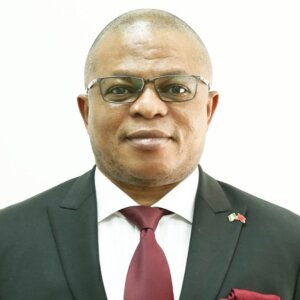
H.E. Ambassador Anderson N. Madubike
High Commissioner
High Commission of the Federal Republic of Nigeria in Australia
Covering Also: New Zealand, Fiji, Papua New Guinea & Vanuatu
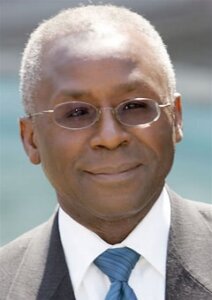
Prof. Oyewale Tomori, FAS, NNOM, NAM
Member, World Health Organization’s Technical Advisory Group on COVID-19 Vaccine Composition
Former Vice Chancellor Redeemers’ University Nigeria
Fellow and Former President, Nigerian Academy of Science
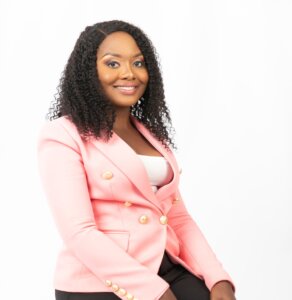
Dr. Mavis Kolobe, PhD
OAAD Vice President Southern Africa, Lecturer, Department of Economics, University of Botswana
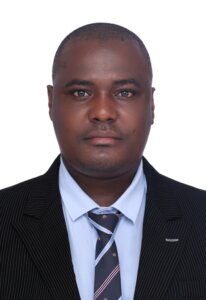
Dr. Brian Ayugi, PhD
OAAD Vice-President, East Africa Chapter
Research Scientist, Seoul National University of Science & Technology, South Korea
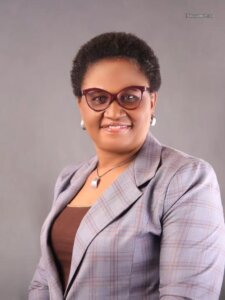
Prof. OFODILE Lauretta N., PhD
Chief Lecturer and Principal Investigator, Yaba College of Technology,
Professor, African American University, Republic of Benin
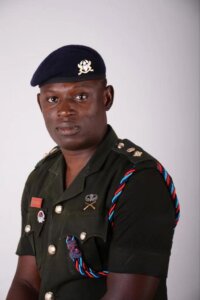
Lt. Col. Gordon KN MENSAH-YAWSON, Ph.D.
Ghana Armed Forces Command and Staff College.
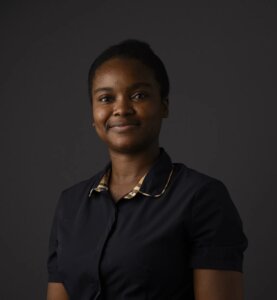
Dr. Benita C. ODII, PhD
Coordinator, OAAD Lusophone EMI Project Unit
Postdoc Fellow
Fudan University Shanghai
Lecturer, University of Nigeria
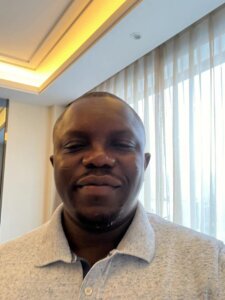
Prof. Yekini Shehu, PhD
Professor of Mathematics,
Functional Analysis with Fixed Point Applications to Optimization Problems
Zhejiang Normal University, Jinhua, China
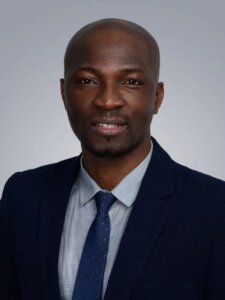
Dr. Samuel Oluwarotimi Williams, PhD
Senior Lecturer and Lead Investigator at the School of Computing and Engineering, University of Derby
England, United Kingdom
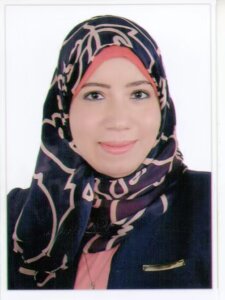
Prof. Marwa Mohammed, PhD
Rehabilitation Medicine and Physical Therapy, Nanjing Medical University
Assistant Professor at faculty of Physical Therapy Beni-Suef University, Egypt
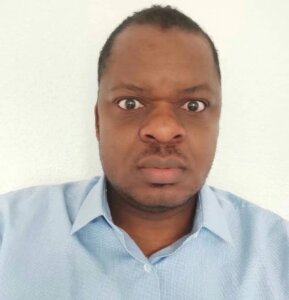
Dr. Hyacinth Nnamchi, PhD
Scientist at GEOMAR Helmholtz Centre for Ocean Research, Kiel, Germany
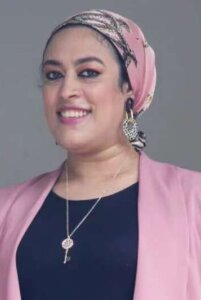
Dr. Heba Abd Alla., PhD
Researcher, National Research Centre, Egypt
Wuhan botanical Garden, University of Chinese Academy of Science,
Wuhan, China
Dr. Oderinde Olayinka K., PhD., MRSC
Member, Global Organization of African Academic Doctors Resident Think Tank
Lecturer/Researcher, Lead City University, Ibadan, Nigeria
Adjunct Lecturer & Supervisor, Anton de Kom University of Suriname, Paramaribo, Suriname, South America
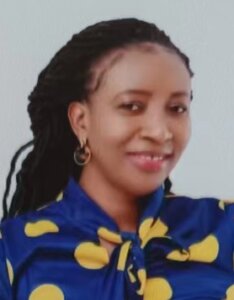
Ruth Frimpomaa Anarfi Gordon (PhD)
World History
Zhengzhou University
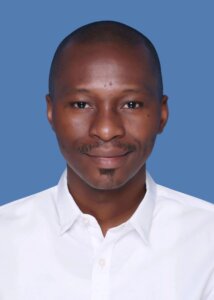
Saheed A. Raheem, PhD
Postdoctoral Research Fellow;
Department of Applied and Environmental Chemistry, University of Szeged, Szeged, Hungary
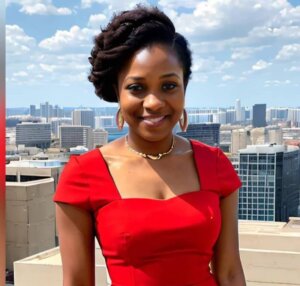
Dr. Victoria A. Uyanga
Financial Secretary, OAAD Global
Postdoctoral Research Fellow, Animal Nutrition and Physiology
Iowa State University
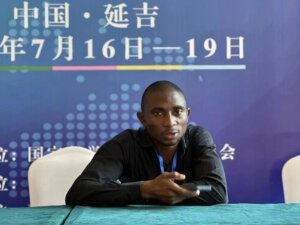
Ahmed Olalekan OMONIYI (PhD)
Materials Science and Engineering Department
Changchun University of Science and Technology, China
Dr. (Mrs) Komolafe B.F, PhD
Secretary, OAAD Education Research Group
Lecturer, College of International Education, Shanghai University of Medicine and Health Sciences China
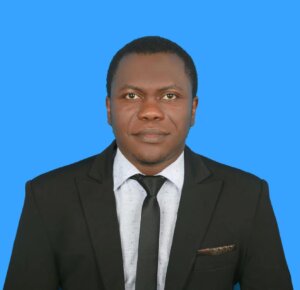
Prof. Bright Okonkwo, Ph.D.
Associate Research Professor,
Institute of Corrosion Science and Technology, Guangzhou, China.
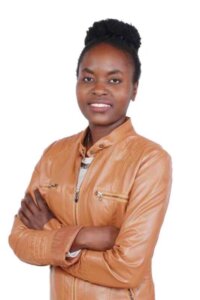
Ms. Tabbisa Namulinda (PhD)
Research Assistant, Kyambogo University, Department of Research and Technology, Faculty of Science, Kampala Uganda.
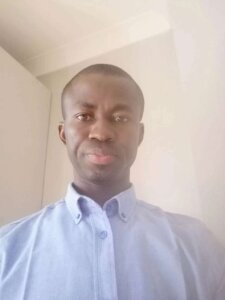
Dr. Emmanuel O. Eresanya, Ph.D.
Member, Global Organization of African Academic Doctors Resident Think Tank
Researcher, Irish Climate Analysis Research Unit, Department of Geography, Maynooth University, Ireland
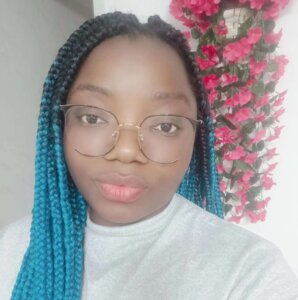
FAMBO Houlda (PhD)
General Secretary of OAAD Global
School of Economics, Nankai University.
Founder of Cornerstone Trading and Ameli-Care Foundation
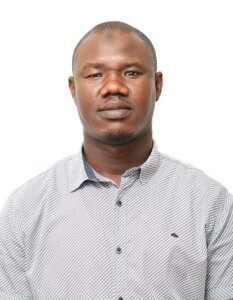
Engr. Surv. Yahaya Mahama (PhD)
Head, OAAD Games and Sports Department
Engineer, Ministry of Roads and Highways, Department of Urban Roads, Ghana.
PhD Student, Southwest Jiaotong University, China
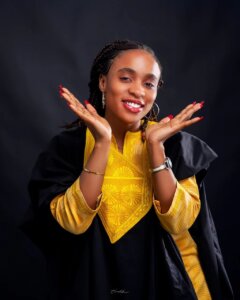
Dr. ABDOULAYE Akhayie M., PhD
Vice President for Central Africa, Global Organization of African Academic Doctors (OAAD).
Environmental Law, China University of Geosciences Wuhan
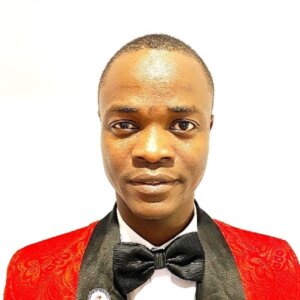
Gideon F. B. Solre, BSc, MSc, (PhD).
Tianjin Key Laboratory for Modern Drug Delivery & High-Efficiency; School of Pharmaceutical Science and Technology, Tianjin University; China.
Assistant General Coordinator: OAAD Masters Grooming (OMG) Initiative.
National Vice President: Liberian Student Union in China (LSUIC)
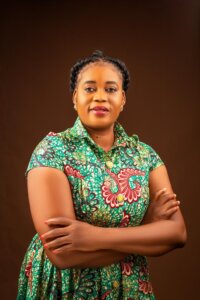
Dr. Eunice Yorgri, Ph.D
Secretary to OAAD Global Resident Think Tank
Lecturer, SDD University of Business and Integrated Development Studies (Formerly UDS, Wa Campus)
Convener, Afrocentric Network
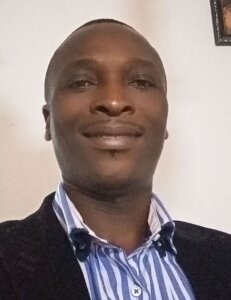
Prof. Gustav Komla Mahunu, PhD/FGhIH.
Associate Professor/Head, Food Science and Technology Department, Faculty of Agriculture, Food and Consumer Sciences, University for Development Studies (UDS), Nyankpala, Ghana.Rep. of the World Food Preservation Center (WFPC), UDS.
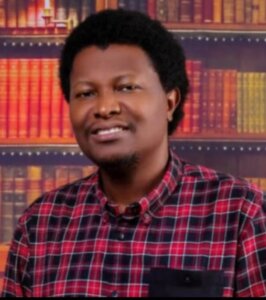
Engr. Dr. Chigbogu Ozoegwu
Africa Centre of Excellence for Sustainable Power and Energy Development, University of Nigeria.
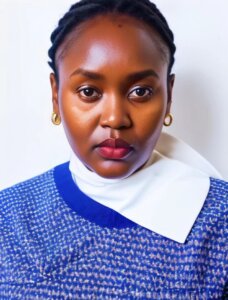
Dr. Mercy Mweni Kathina, PhD
Head, OAAD Department of Welfare and Member Progress (OAAD WAMP)
Department of Linguistics and Languages, University of Nairobi Confucius Institute
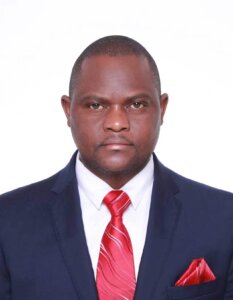
Dr. Kaunda Joseph Sakah Ph.D
Hanbon Science & Technology Co.Ltd
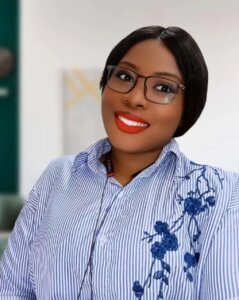
Mgbechidinma Chiamaka Linda (PhD)
General Coordinator, OAAD Master Grooming Initiative
Chinese University of Hong Kong 🇭🇰
School of Life Sciences
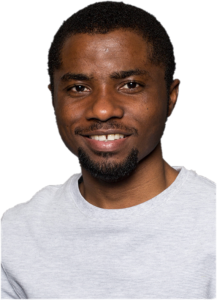
Favour Oluwapelumi Oyelami (PhD)
The John Curtin School of Medical Research,
Australian National University, Canberra, Australia.
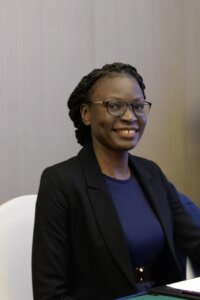
Amongin Sandra (PhD)
International Space Law, (African Space Law)
Beijing Institute of Technology, Beijing, China
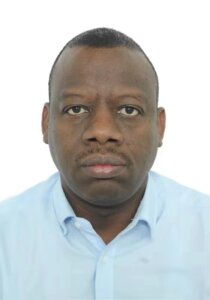
Dr. Taha Hussein Musa, PhD
OAAD Vice President for Northern Africa
Lecturer, Epidemiology & Health Statistics Dept., Darfur University College, Nyala, Sudan

Dr. Edidiong Atakpa, PhD
Research Associate,
Southwest University of Science and Technology, China
Head of PR Department OAAD Global
Senior Researcher, Zhejiang University, China
Lecturer, Bayero University, Kano, Nigeria
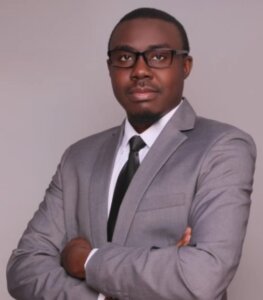
Head of PR Department OAAD Global
Senior Researcher, Zhejiang University, China
Lecturer, Bayero University, Kano, Nigeria
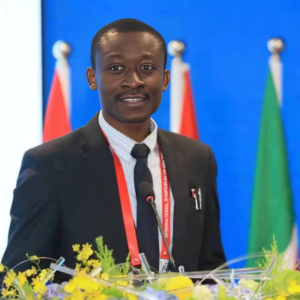
HOST/ANCHOR
Dr. ODII Elijah C., PhD
Corporate Strategist & Chairman, Global Organization of African Academic Doctors Resident Think Tank
Lecturer, University of Nigeria
Adjunct Researcher, Zhejiang Normal University, Zhejiang, China
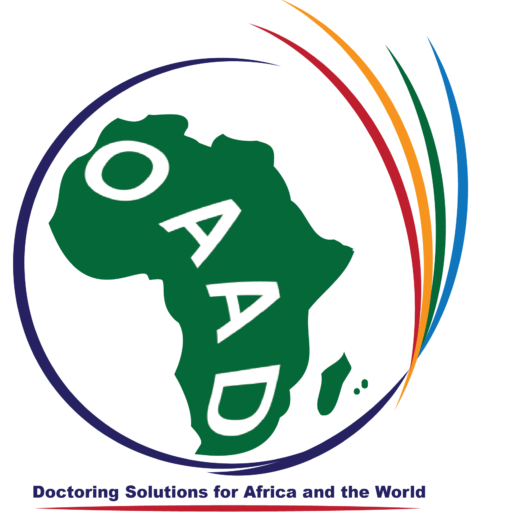
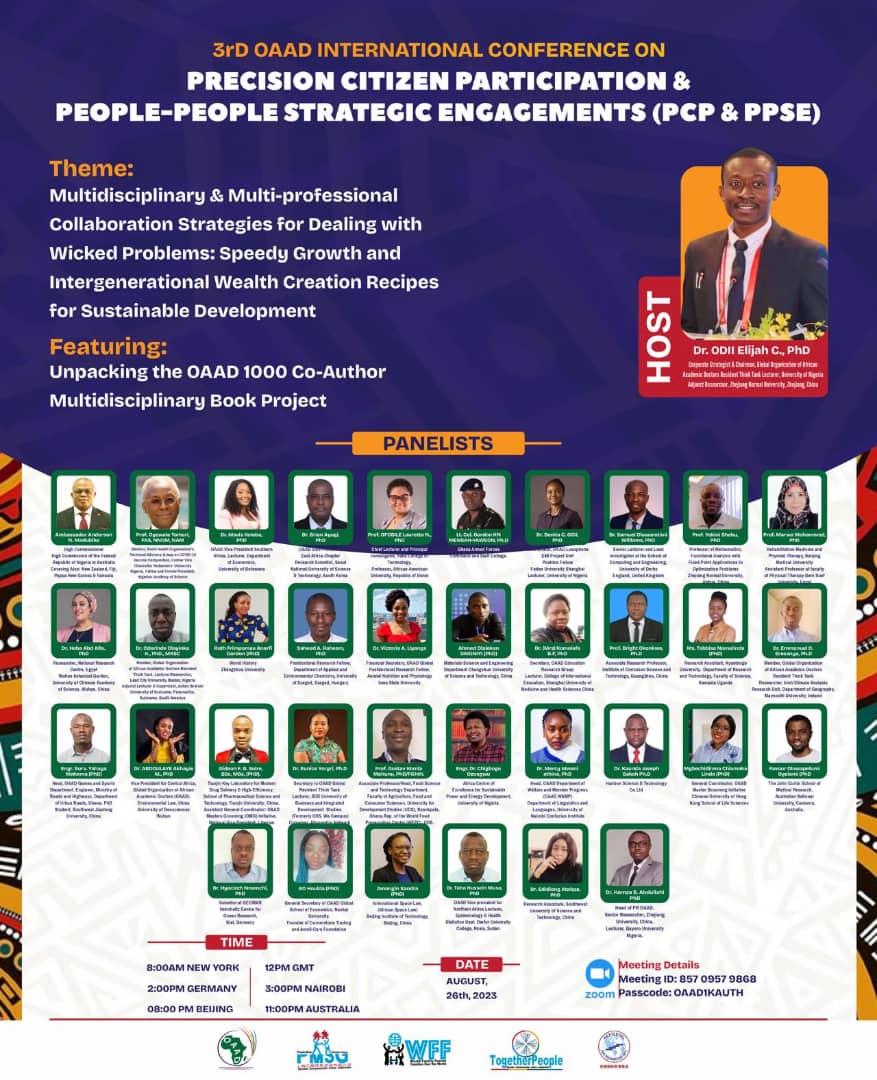


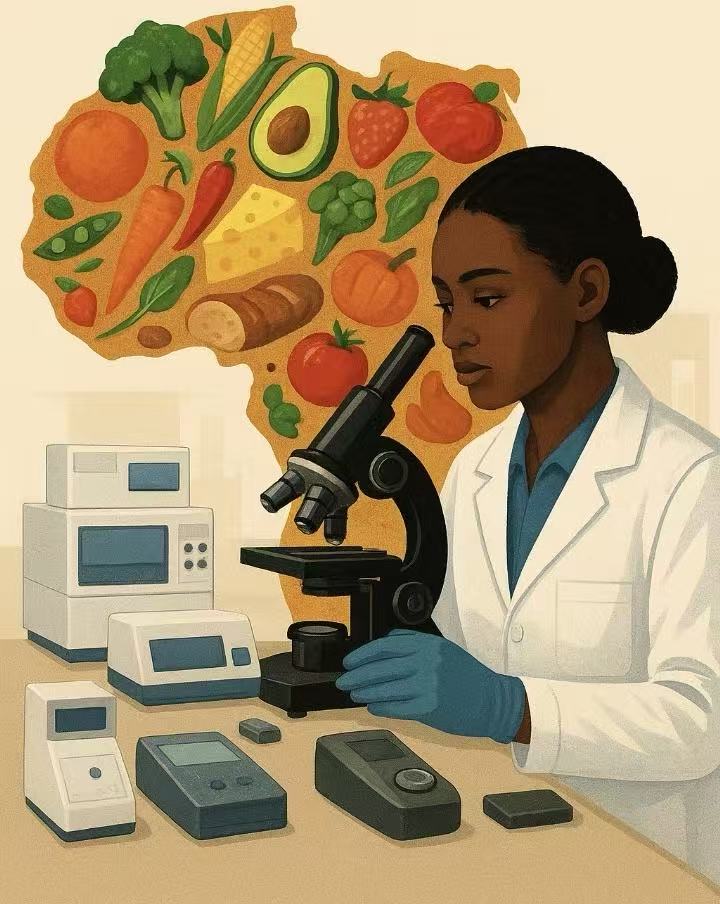
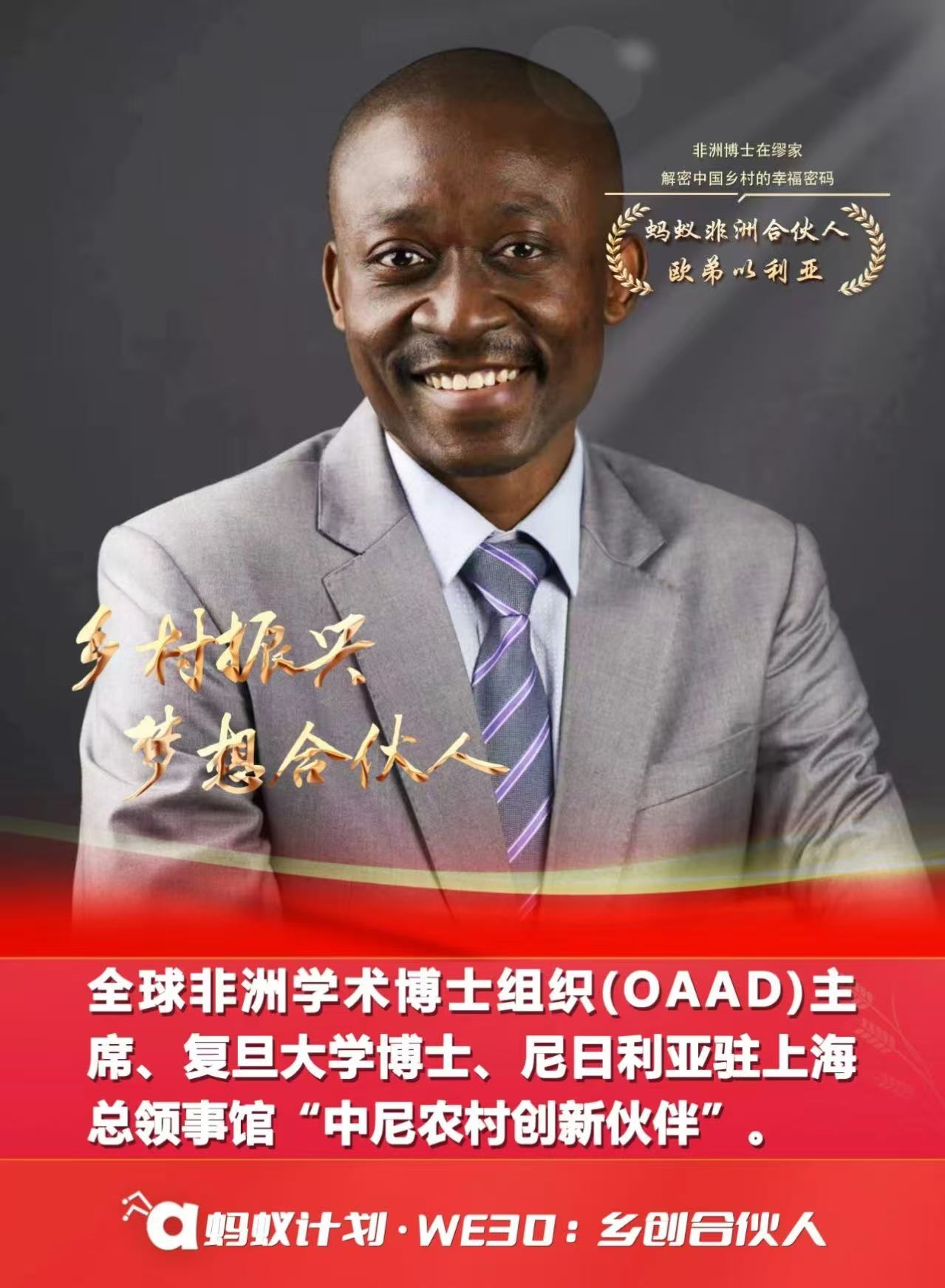
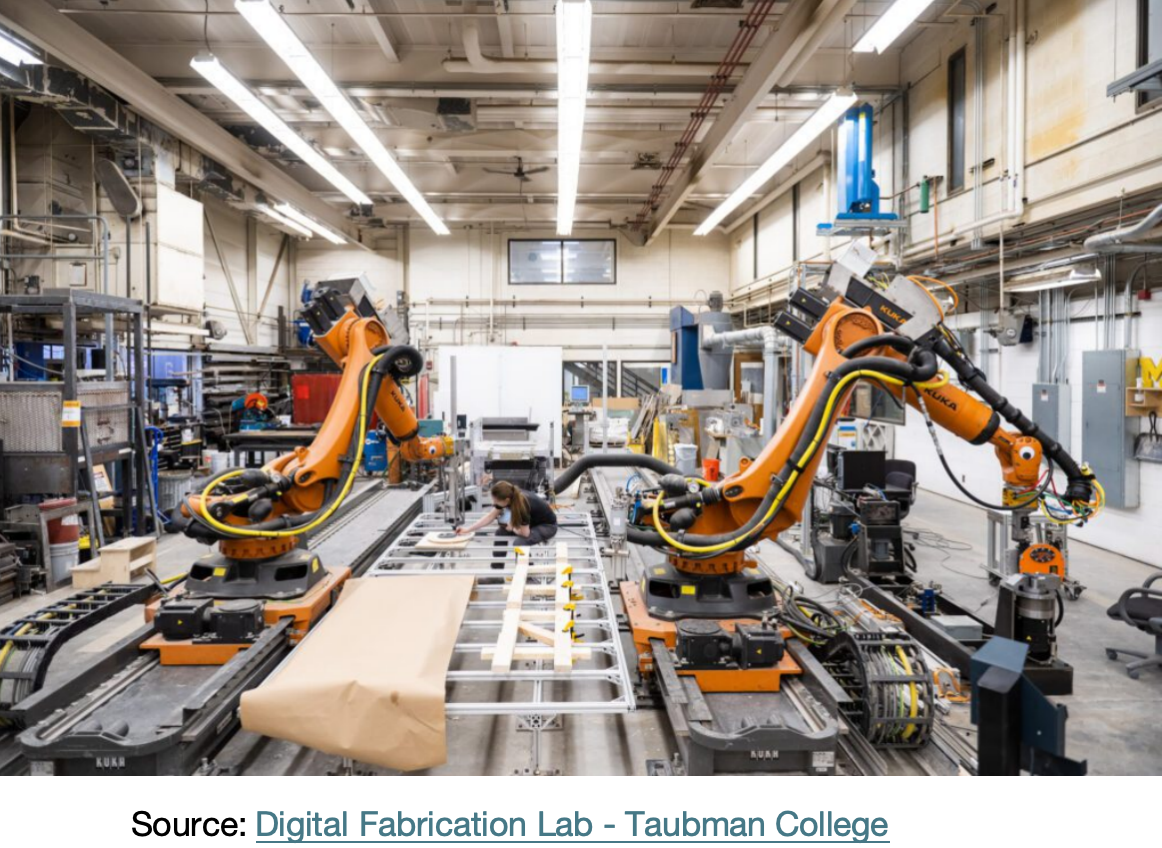
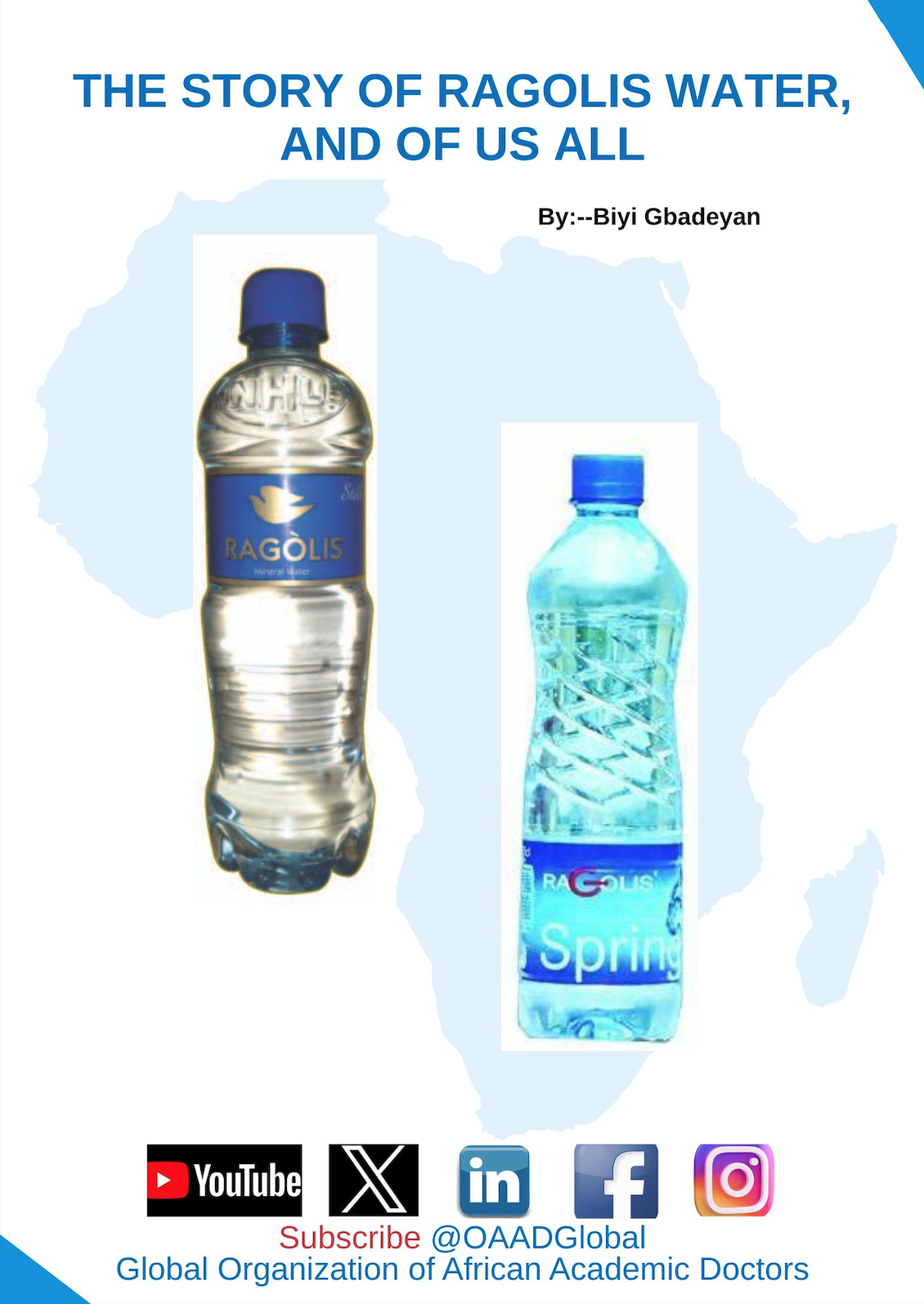
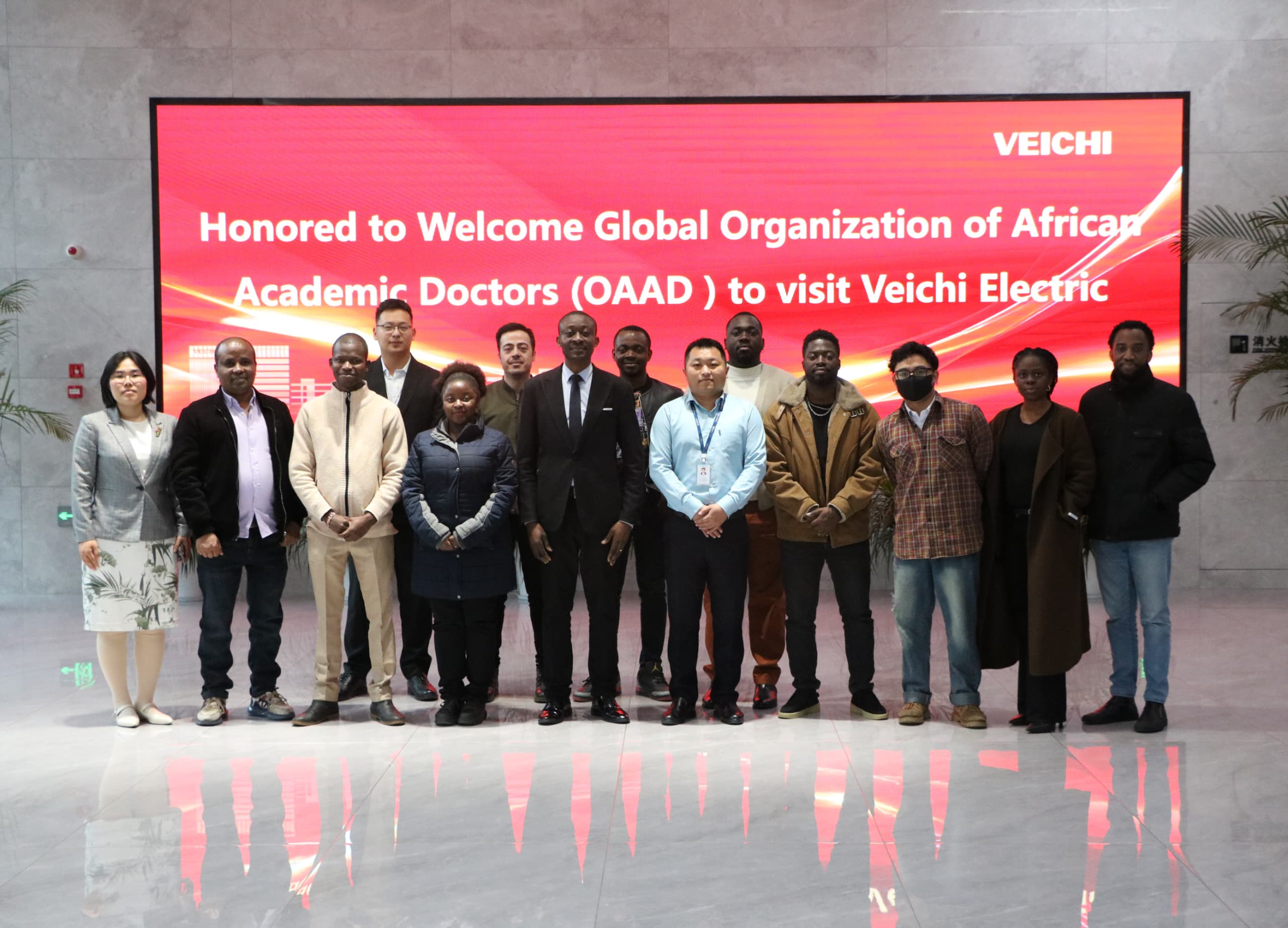
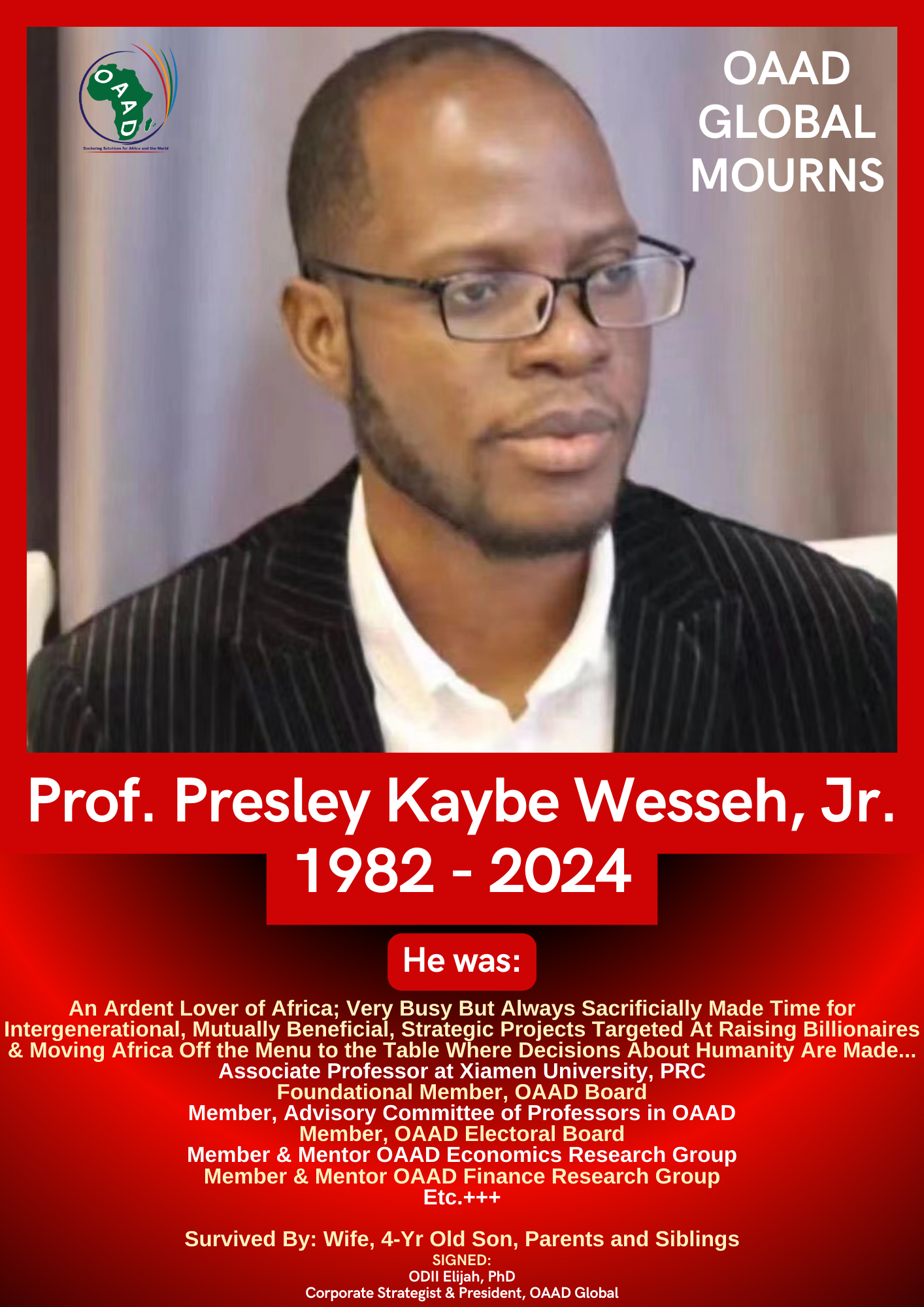
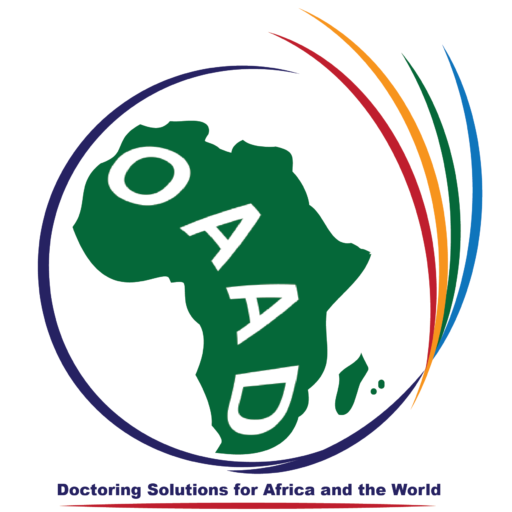
Leave A Comment
You must be logged in to post a comment.